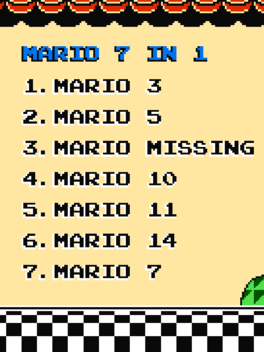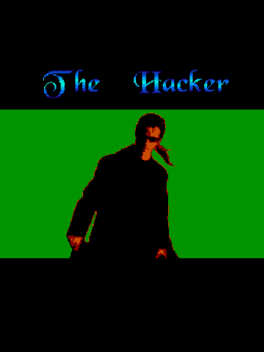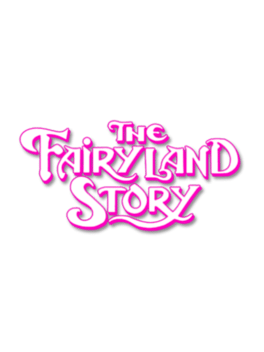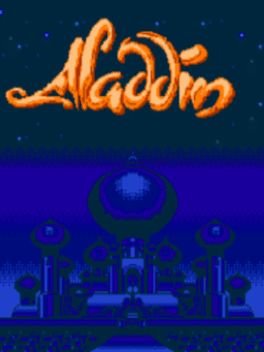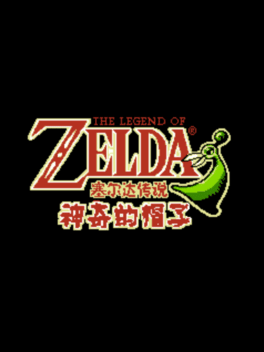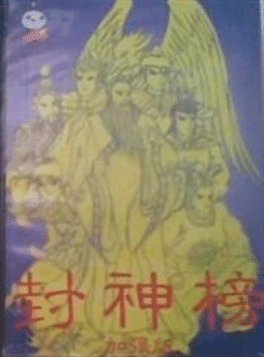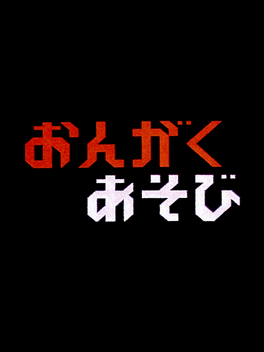Newest Family Computer Games - Page 47
-
Frontline Gallop
This is a scrolling, top-down war game. You control a tank armed with soldiers, and must shoot enemy tanks and bases while also strategically releasing your soldiers so they can attack. -
Fishing
A fishing game, featuring two unique gameplay modes - Freedom and King Fish. Many advanced options are available, such as changing the location or time of day. -
Elfland
Clone of the 1992 game of the same name. Despite using the same graphics as the original, it is not based on the same engine, and was ported from scratch. It is unknown if JungleTac's version was a licensed port or not. -
One Day of Mr. Potato
A platforming game where the player must collect keys to free the imprisoned "potato". The player cannot jump, only climb ladders. The main characters strongly resemble Kirby, but they are actually modified versions of Tiki from The NewZealand Story. Later hacked to create Defender (VT09). -
Mario 7-in-1
Mario 7-in-1 is an unlicensed multicart game for Famicom, best known for it's inclusion of 7 Grand Dad. -
Kero Kero Keroppi no Mahou no Kuni Densetsu
Kero Kero Keroppi no Mahō no Kuni Densetsu is a cancelled 1993 Famicom role-playing game based on the Sanrio character Keroppi. The game was planned by Character Soft who is a video game publishing subsidiary of Sanrio. -
The Hacker
When a computer programming agency catches his friends, a computer hacker must go online into the virtual world in order to rescue them. -
The Fairyland Story
An NES/Famicom prototype of arcade game The Fairyland Story. It was never released. -
Aladdin
Aladdin is a Famicom port of the Sega Mega Drive game of the same name, made by Super Game and published by Realtec. -
Shen Qi De Mao Zi
Shen Qi De Mao Zi is a backport of The Legend of Zelda: The Minish Cap on the Famicom. It was published and developed by Shenzhen Nanjing. This game has a title hack where the title screen is changed to The Phantom Hourglass. -
Fēng Shén Bǎng
Fēng Shén Bǎng is a 1996 one-on-one fighting game released for the Famicom throughout Asia. It was also released with a localized label as Myth Struggle, although the in-game content is unchanged. The game is based on the 16th century Chinese epic novel of the same name, also called Fēngshén Yǎnyì (封神演義) and often translated to Investiture of the Gods or The Creation of the Gods. The game is essentially a hacked version of Hummer Team's earlier bootleg version of DragonBall Z: Super Butōden 2, which was originally released on the Super NES. The change by Waixing was made to legitimize the content as to not run into copyright laws, as this version was also released (although still unlicensed by Nintendo) in Japan and with likely intent to distribute outside of Asia. -
Donkey Kong no Ongaku Asobi
Donkey Kong no Ongaku Asobi is a canceled game set for release on the Family Computer. It would have followed Popeye no Eigo Asobi and released alongside Donkey Kong Jr. Math as one of the edutainment games based on the Famicom's launch titles. Donkey Kong no Ongaku Asobi starred the cast of Donkey Kong and Donkey Kong Jr. The game never surfaced, and seems to have only been announced in 1983 in a Japanese handbill as well as magazines.

